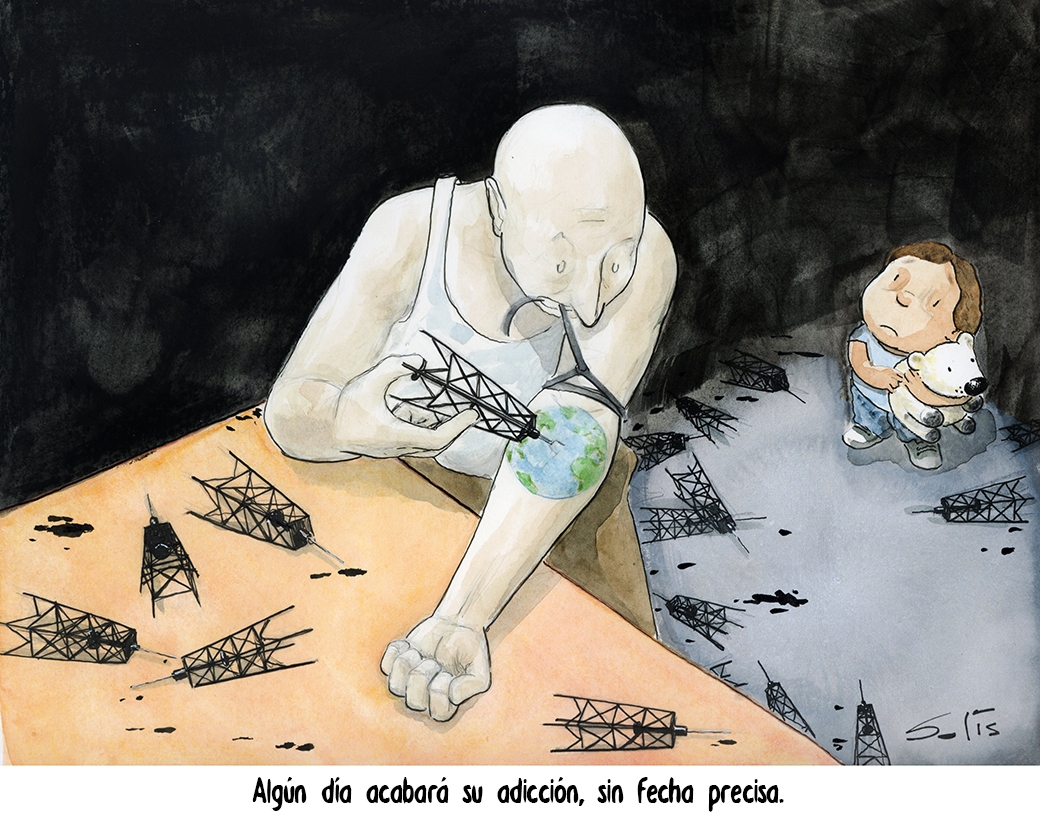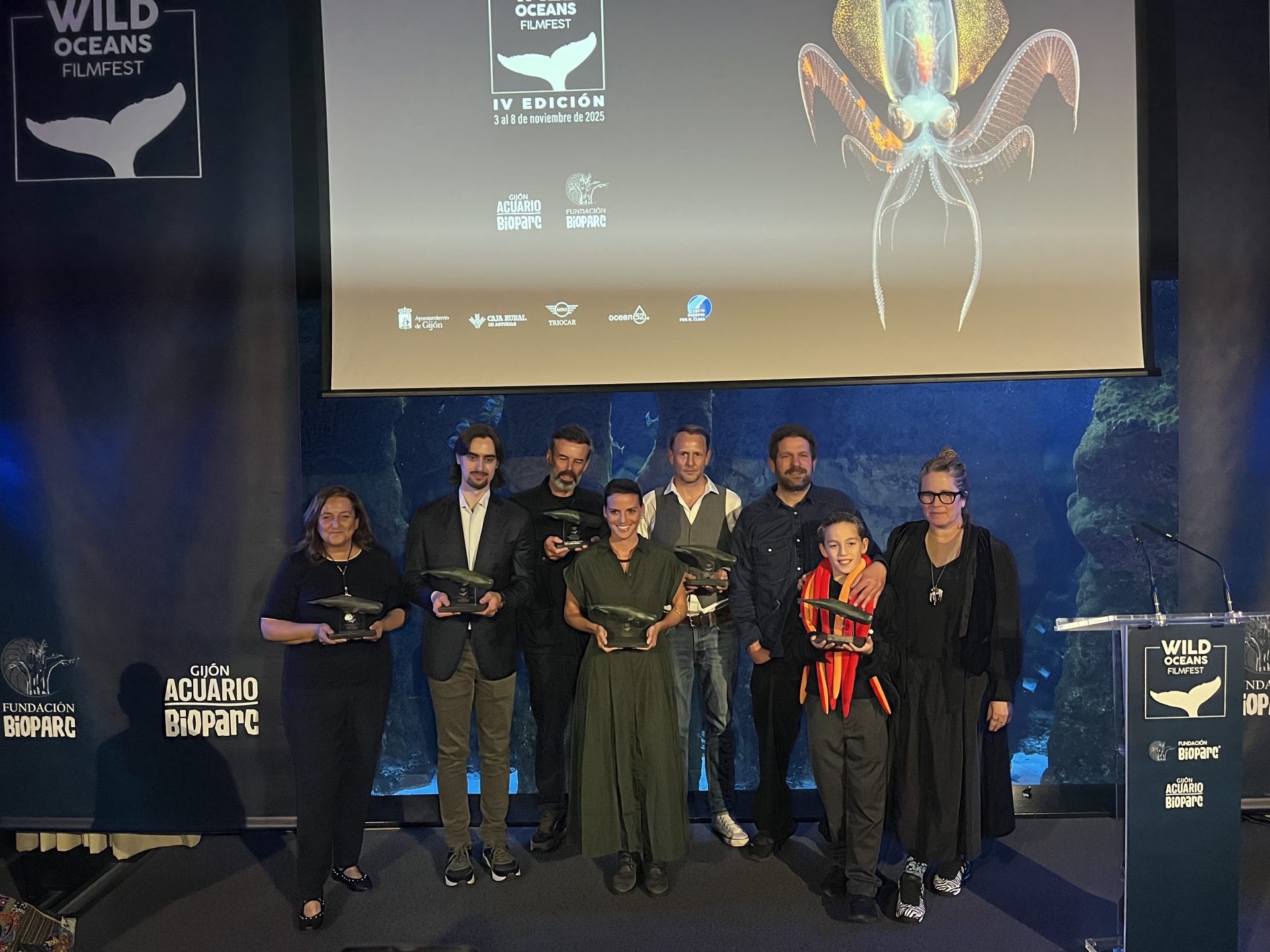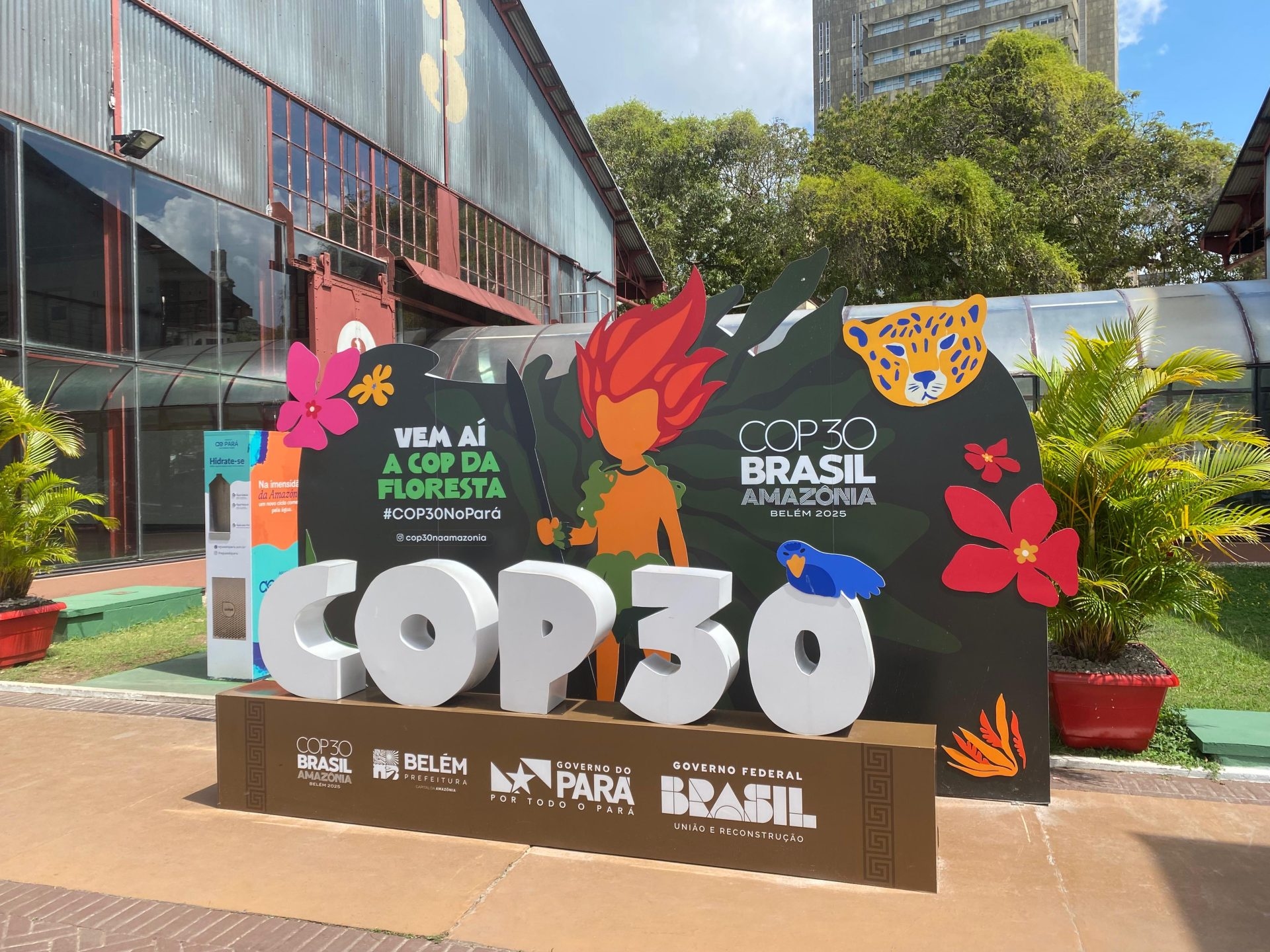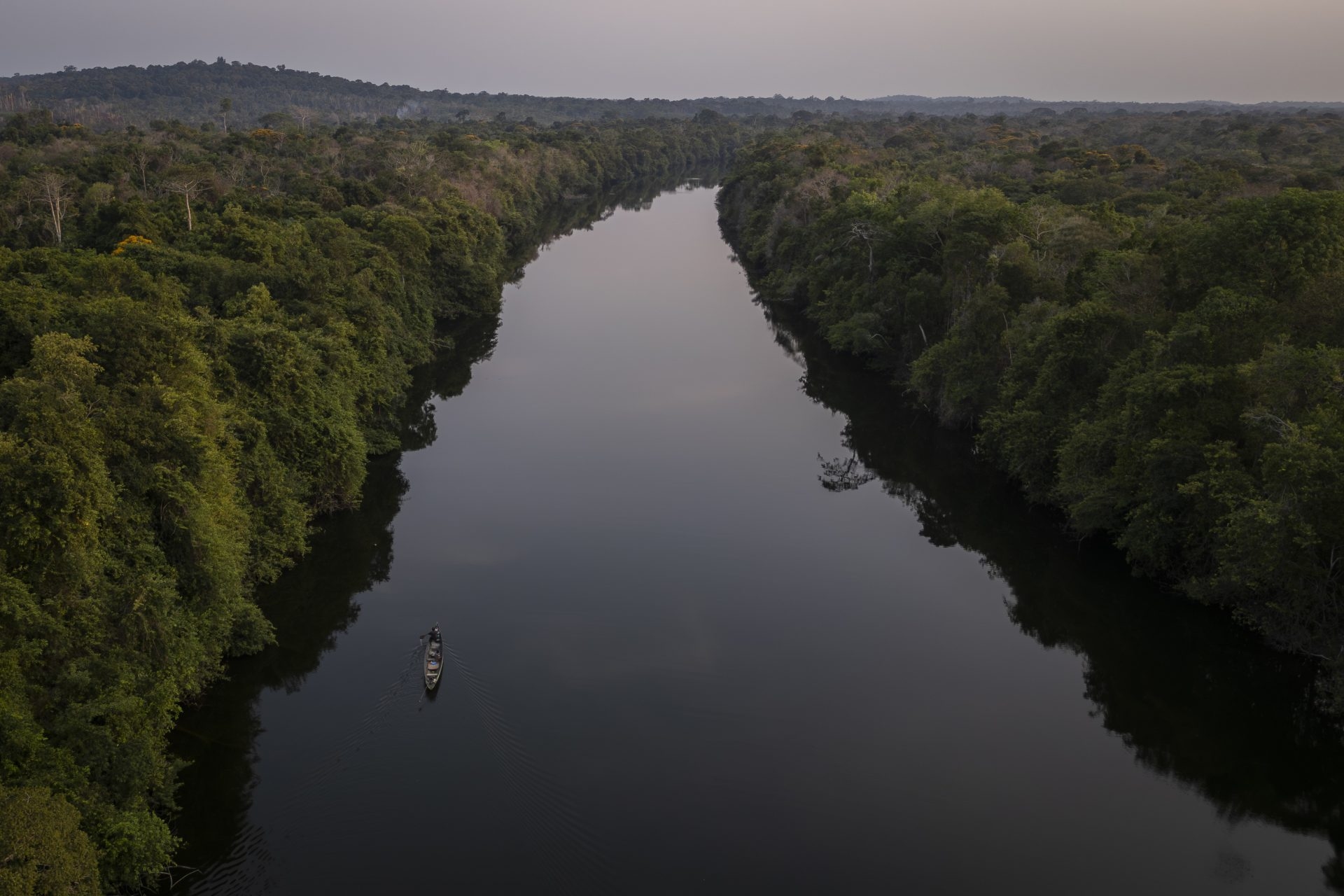COP30: Spain continues to bet on its “ambitious” and “committed” climate profile
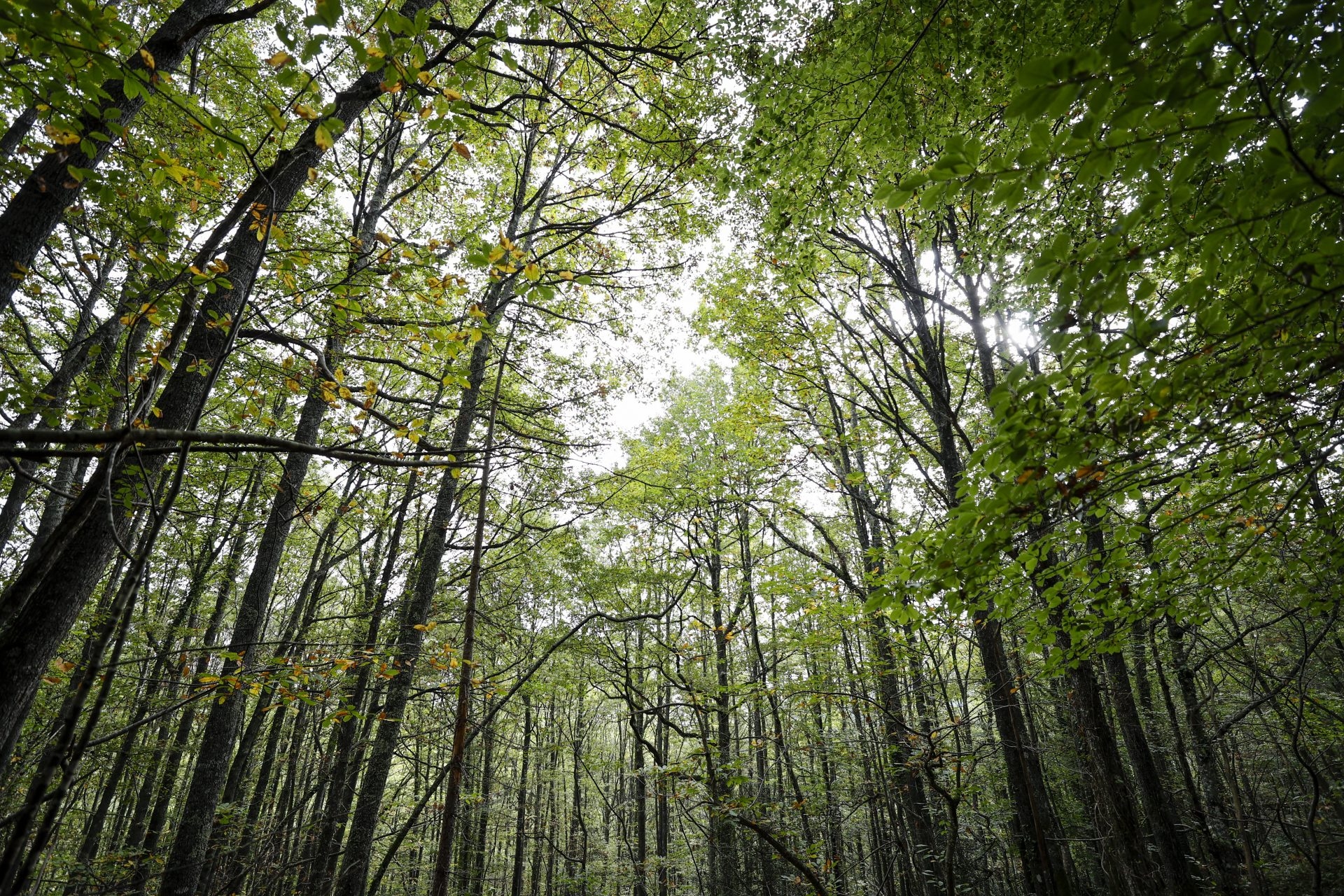
Madrid.- After many years of progress in its environmental policies, Spain arrives at COP30 in Brazil maintaining a line of continuity in its profile as an "ambitious" and "committed" actor in climate action, the same active role it has historically played in these international negotiations.
Climate analysts have presented their view on the country in an interview with EFE, a country that, having experienced the consequences of climate change firsthand, presents itself as one of the defenders of the 1.5ºC limit and encourages the achievement of agreements.
Pablo Barrenechea, Director of Climate and Sustainability Market at Ecodes, explained that, although the Paris Agreement was signed under the PP government, it was with the arrival of the socialist government that Spain's environmental drift became firmly established.
Especially through the organization – in a single month – of the COP25 Chile-Madrid in 2019, in which the then Minister of Ecological Transition, Teresa Ribera, played an important role.
Her successor, Sara Aagesen, has maintained, in a line of continuity, Spain as a "leading actor" in the global climate agenda with measures such as the inclusion of the country in the High Seas Treaty or the promotion of a State Pact for the Climate Emergency, "which puts action against climate change on the political and social agenda."
Regarding the Integrated National Energy and Climate Plan (PNIEC) 2021-2030, which clearly outlines the objectives to be achieved in this area by the end of the decade, Barrenechea stressed that "there is much to be done, but not so much in the roadmap itself, but in its implementation in a rapid and appropriate manner."
"Internal leader" in the European blocSpain does not submit its Nationally Determined Contribution (NDC) individually – the climate commitments that countries must register with the UN, in this case, with a view to 2035 – but together with the European Union (EU), whose leadership has been questioned by the delay in submitting it.
Lara Lázaro, a researcher at the Elcano Royal Institute, recalled that the European position on climate issues has “always” required a significant negotiating effort, but has maintained the EU as a “directional leader”, capable of setting ambitious goals.
In this regard, the Secretary of State for the Environment, Hugo Morán, emphasized in an interview with EFE that "the way forward" is the environmental leadership that the bloc has maintained. Although "not all EU countries" share the same position, Spain's stance is to "not take a single step backward," he affirmed.
Lázaro presented the country as an “internal leader” on climate issues within the European group, highlighting its role in “pushing to maintain the goals already achieved” and in matters of just transition.
Barrenechea has also identified a driving role for Spain, which, with a geographical position that increases its vulnerability to climate change, and which already generates losses and damages, must be "a guarantor that mitigation is the first adaptation measure."
Heading to Belém: same route as in previous COPsSpain has strengthened its diplomatic profile on climate issues in recent years, especially since COP25, organized in Madrid under the presidency of Chile, and at which Lázaro recalled that the Santiago Network was established, a mechanism to help vulnerable developing countries to prevent, minimize and address damage and losses.
Furthermore, at COP28 in Dubai, where the country held the presidency of the EU Council, it "significantly supported" the inclusion of a paragraph in the final agreement on advancing the transition away from fossil fuels, among other issues.
Regarding the current COP, the expert highlighted that there are areas where Spain could have a “greater impact” such as just transition or adaptation, in which the country has developed “innovative governance” and has greater experience.
But it's not just the negotiation level that matters; he also highlighted that in recent years the country has had its own pavilion where it has been able to expand knowledge on climate issues through forums and debates.
Furthermore, this year has incorporated an intergenerational dimension with the Generation Climate COP30 initiative, through which four young people will travel to Brazil to give voice to the demands of their generation. EFEverde
imh/cc
You might be interested in:Heading to the Amazon: the four young Spaniards who will give voice to their generation at COP30
efeverde

